Housed in a detention centre in southern England, Aladeen says he risked his life to travel thousands of miles from his homeland of Syria to escape being forced to fight in the military of President Bashar al-Assad.
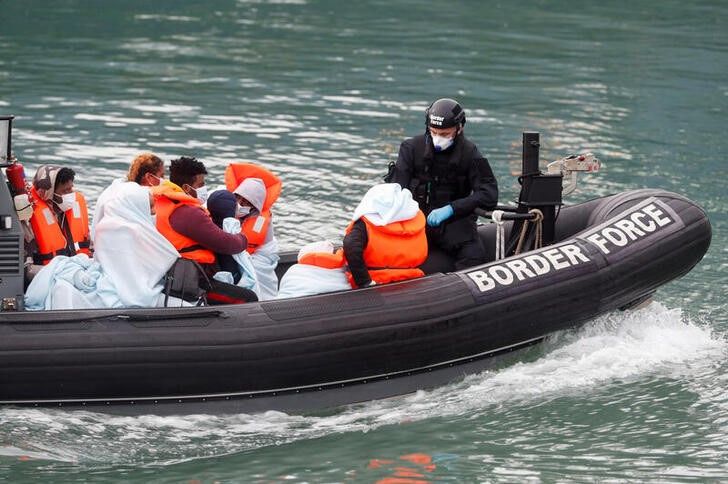
Now the 21-year-old is battling to stay in Britain and avoid being sent across the world again, this time to Rwanda where the British government wants to send migrants who turn up illegally on its shores.
“It’s the end of the world for me, I can’t imagine it,” he told Reuters by phone through an interpreter and declining to give his full name while his asylum claim is considered.
Aladeen, one of about 130 migrants initially given a ticket to Rwanda and now left in legal limbo, is caught in the British government’s struggle to control its borders and manage voters’ post-Brexit migration demands.
He is among more than 20,000 migrants to have made the precarious 20-mile journey from France to Britain this year on small boats across the English Channel, crossing one of the busiest shipping lanes in the world.
The status of migrants like Aladeen will be the subject of a legal challenge in London’s High Court in early September when a coalition of human rights groups and a trade union will argue that the Rwanda policy is unworkable and unethical.
Governments across the world are wrestling with how to deal with an influx of refugees fleeing war-torn countries or persecution in their homelands. Britain is the latest country to attempt to outsource the settlement of asylum seekers.
Australia pioneered the concept and European governments have in recent years paid countries like Libya to stop migrants on their behalf. Denmark has signed a similar agreement on deportations with Rwanda, but has yet to send any migrants there.
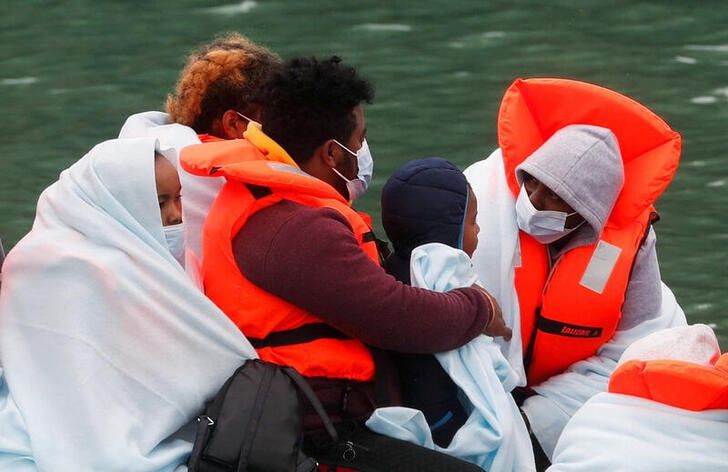
Britain has portrayed its policy as humane, saying it will smash the business model of the people smugglers and end the emergency which has seen at least 166 people die or go missing, with 27 drowning in the worst accident in November.
But it has attracted widespread criticism – from lawmakers across the political divide, the United Nations and even heir to the throne Prince Charles – while the European Court of Human Rights issued injunctions to force the cancellation of the first deportation flight hours before it was due to leave in June.
The policy is also dwarfed by the scale of the challenge.
So far Rwanda has also only set up one hostel to accept UK arrivals, with capacity for about 100 people, representing 0.35% of all the migrants who arrived in Britain last year.
A British official said the government was in talks to acquire another three or four hostels in Kigali, but even those would only provide accommodation for about 1.6% of last year’s arrivals.
“I’m not going to pretend that the Rwanda policy is the single magic bullet, but I think it can make a big difference,” outgoing British Prime Minister Boris Johnson said during a visit to Rwanda for a meeting of Commonwealth leaders in June.















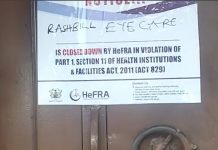
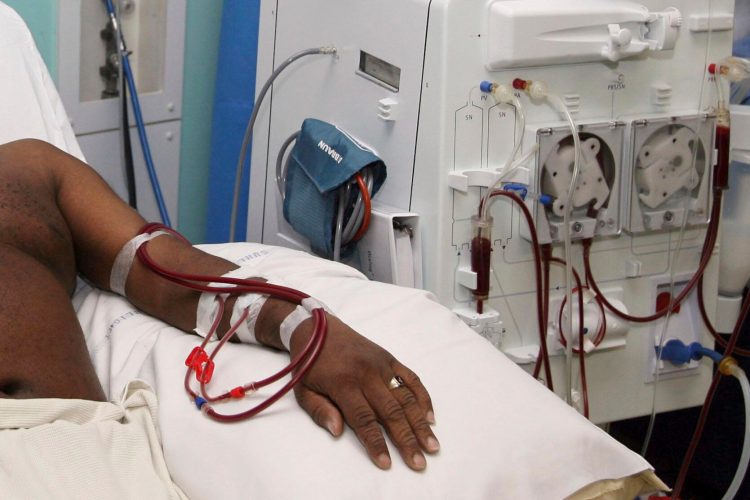






































![[FREE FREE MONEY] Predict and Win a Guaranteed GH¢200 From Us EVERY WEEK](https://wordpress.ghanatalksradio.com/wp-content/uploads/2022/02/Predict-and-Win-Final-09-03-2021-218x150.jpg)
![[Predict & Win – 8th/Oct.] WIN A Guaranteed ¢200 From Us This Week](https://wordpress.ghanatalksradio.com/wp-content/uploads/2021/10/maxresdefault-16-218x150.jpg)
![[Predict & Win – 2nd] WIN A Guaranteed ¢200 From Us This Week](https://wordpress.ghanatalksradio.com/wp-content/uploads/2021/09/maxresdefault-50-218x150.jpg)
![[Predict & Win – 25th] WIN A Guaranteed ¢200 From Us This Week](https://wordpress.ghanatalksradio.com/wp-content/uploads/2021/09/maxresdefault-36-218x150.jpg)
![[Predict & Win – 18th] WIN A Guaranteed ¢200 From Us This Week](https://wordpress.ghanatalksradio.com/wp-content/uploads/2021/09/maxresdefault-23-218x150.jpg)
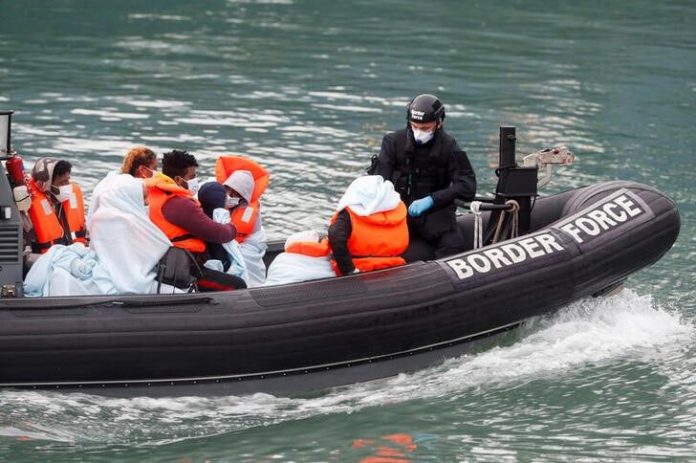








![[National cathedral] See full list of churches that have contributed since 2018](https://wordpress.ghanatalksradio.com/wp-content/uploads/2020/09/Ghana-National-Cathedral-GhanaTalksRadio-100x70.jpg)



